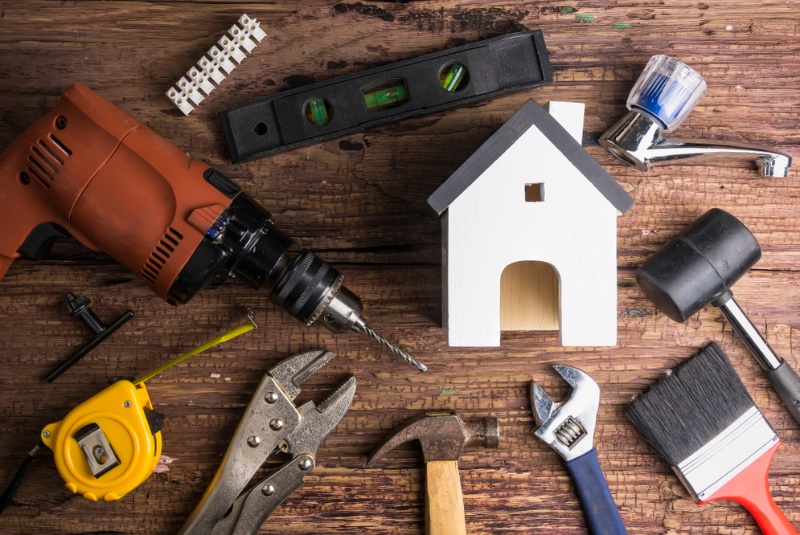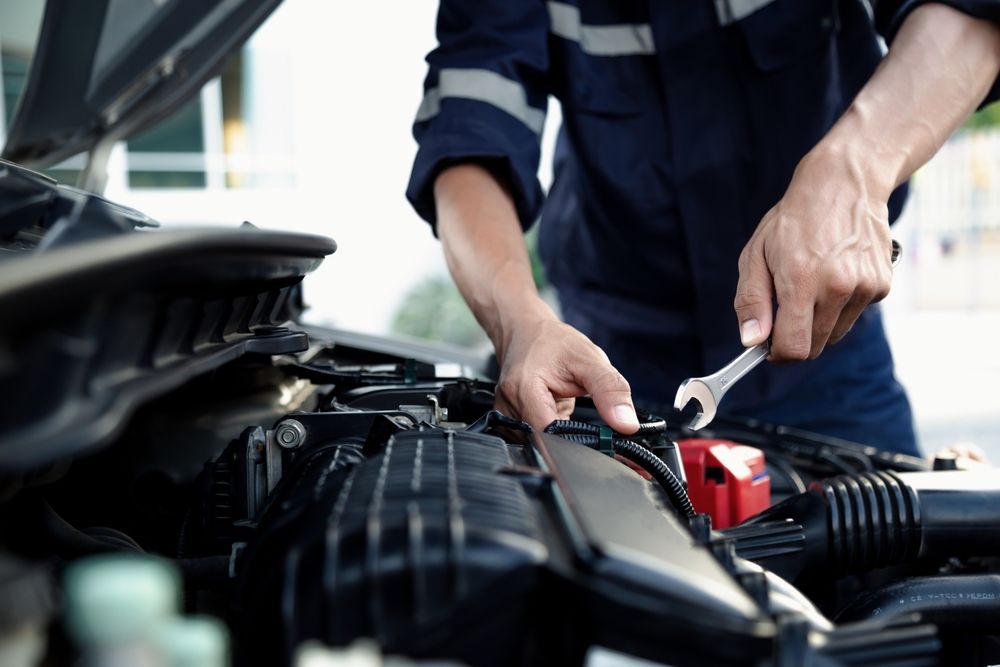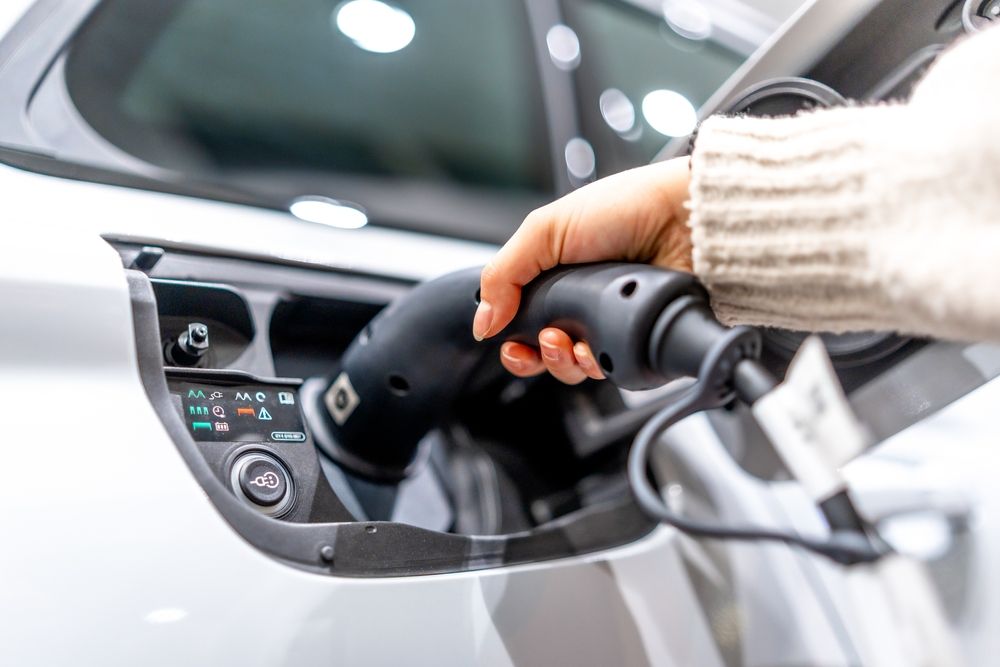The adage "A stitch in time saves nine" carries more wisdom than one might immediately realize. Regular maintenance, while seemingly mundane, can prevent minor issues from snowballing into more significant, costlier problems down the line.
This principle applies to various areas, from household items to personal health, automobiles, and more. By investing time and resources in regular maintenance, we can extend the life of our belongings, maintain our health, and even improve our quality of life, while also reducing potential future expenses.
A shining example is the maintenance of home appliances. Consider the HVAC system. If you neglect to replace the filters or perform routine cleaning, the system will need to work harder, leading to higher energy consumption and increased wear and tear. Over time, this can result in a system breakdown, which requires expensive repairs or replacements. Similarly, neglecting regular cleaning of the refrigerator's condenser coils can cause it to overheat and fail prematurely. By dedicating time and resources to regular maintenance, you can significantly extend the lifespan of these appliances and prevent costly breakdowns.

In the realm of personal health, preventative maintenance is crucial. Regular doctor's check-ups, dental cleaning, and health screenings can catch potential health issues in their early stages. This early detection often leads to simpler and less invasive treatments, which are typically less costly. Ignoring these regular health check-ups can result in undetected health conditions, leading to complicated treatments, which not only disrupt your life but also incur higher expenses.
When it comes to automobiles, the importance of regular maintenance cannot be overstated. Regular oil changes, brake checks, and tire rotations are critical to keeping a vehicle running smoothly and efficiently. A car with unchecked oil levels or worn-out brakes may suffer serious damage that can cost thousands to repair. In contrast, the cost of regular maintenance is much less and helps to maintain the car's resale value. Additionally, regular maintenance contributes to safer driving conditions, potentially avoiding accidents and associated costs.
Digital assets are not immune to the necessity of regular maintenance either. Computer systems need regular software updates and hardware check-ups to keep them running optimally. Ignoring these can lead to sluggish performance, data loss, or system failures, which may require expensive recovery procedures or even new equipment purchases.
In business settings, regular maintenance plays an equally crucial role. Regular auditing, review of business processes, employee training, and updating technologies can identify inefficiencies and prevent future crises. A business that neglects these areas may find itself facing operational bottlenecks, employee turnover, or outdated technologies that affect its competitive edge and profitability. The cost of addressing these issues once they've become significant can far outweigh the cost of regular, preventative maintenance.
While the upfront cost of regular maintenance might seem daunting to some, it's essential to view it as an investment rather than an expense. It is an investment in the longevity and efficient performance of your assets, whether they are physical, personal, or business-oriented. By adopting a proactive stance towards maintenance, you are not only preserving the value of your investments but also saving yourself from future stress and financial strain. It's about implementing a sustainable approach that nurtures the things you care about while saving you a significant amount of money in the long run.
Regular maintenance is a fundamental strategy to preempt future problems and expenses. It acts as a buffer against unexpected breakdowns, health issues, business inefficiencies, and more. Not only does it maintain the quality and longevity of our assets, but it also gives us peace of mind, knowing that we are well-prepared for the future. Remember, prevention is always better—and often cheaper—than cure.




